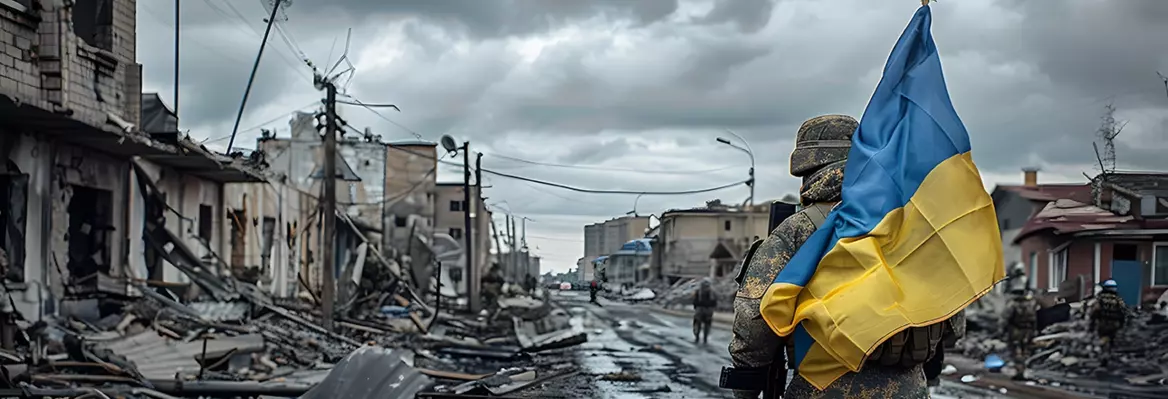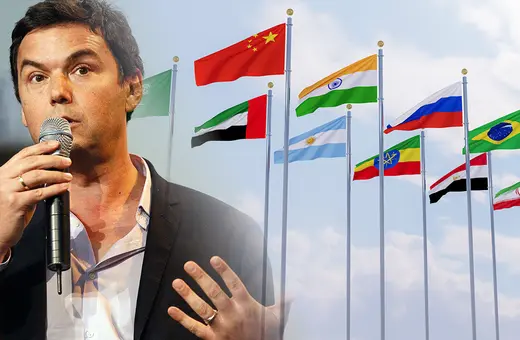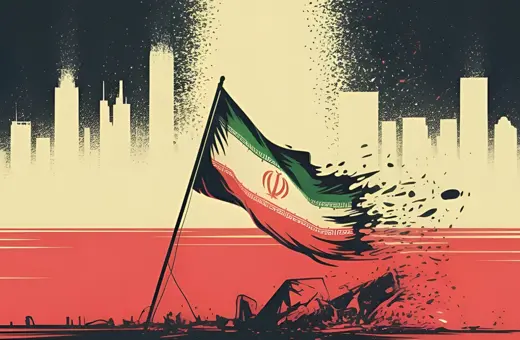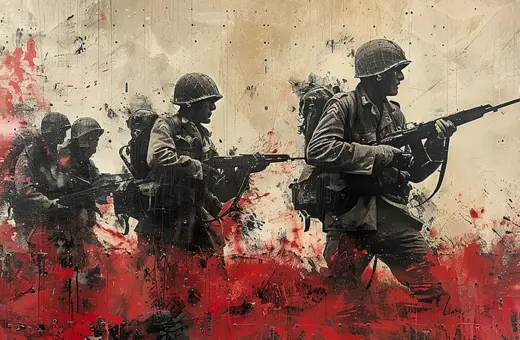Most in the West see Russia's war in Ukraine as immoral and unjust. Some lay the blame solely at Putin's feet, seeing him as an authoritarian leader and the Russian soldiers as being forced to do his bidding. But, argues the University of Oxford’s Jeff McMahan, this picture is too simple. We must see Russian soldiers as morally responsible for their actions during the war in Ukraine. Fighting in an unjust war is a morally impermissible act, despite Putin's tyranny.
Sekyra and White’s Professor of Moral Philosophy at the University of Oxford, Jeff McMahan, is one of the most influential ethicists writing today. McMahan has conducted groundbreaking research on a host of controversial topics, including abortion, euthanasia, and killing in combat, and he recently contributed to a special issue of Studia Philosophica Estonica entitled ‘Reflections on the Russia-Ukraine War’. In this interview, Vision Fellow in Public Philosophy at King’s College London, A.J. Wendland, speaks with McMahan about his motivation to study philosophy, the intersection between philosophy and armed conflict, just war theory and its application to the Russia-Ukraine war, and what morality demands of the international community in the face of Russian aggression.
___
Thus, according to traditional just war theory, Russian soldiers in Ukraine do nothing wrong provided they obey the rules of engagement, for example, by refraining from intentionally attacking civilians.
___
A.J. Wendland: You have spent much of your academic career analyzing the ethics of various life-and-death issues, including abortion, euthanasia, and killing in combat. What initially prompted you to study philosophy? And what motivated you to conduct significant research on the ethics of killing?
Jeff McMahan: When I was in secondary school in the US, young men had to think about the Vietnam war, as we were all at risk of being conscripted to fight in it. I opposed the war, and when I was later sent my draft card, I registered as a conscientious objector. At university, I read a book about the war by Bertrand Russell, which prompted me to read more of his books, including two on the threat of nuclear war. Although I was studying English literature, I was drawn to authors, such as Samuel Johnson, Tolstoy, and Orwell, whose work addressed moral issues, including war. But what was largely missing in the literary works, yet present in Russell’s books, were arguments. So when I received a scholarship to do postgraduate work at Oxford, I decided to switch from literature to philosophy in order to pursue my concerns about war, nuclear weapons, and the morality of harming and killing generally through careful reasoning and rigorous argument.
SUGGESTED VIEWING
Russia, Ukraine and the Future of Economics
With Vince Cable
AJW: War and the reality of combat clearly had an impact on your thinking from early on. That said, can you tell me about the connection between philosophy and war as it is expressed in traditional just war theory?





















Join the conversation